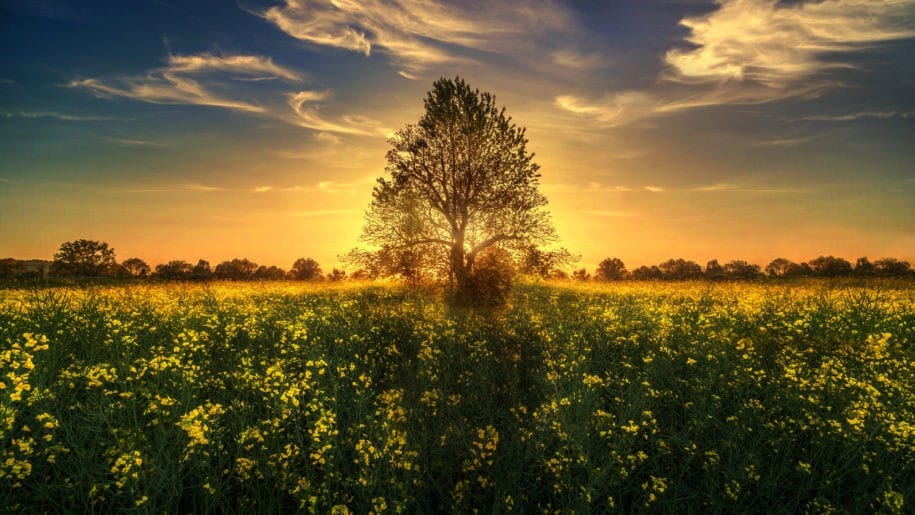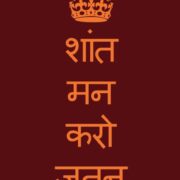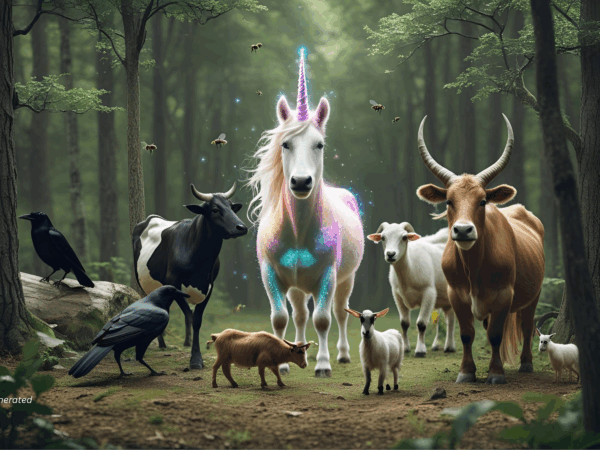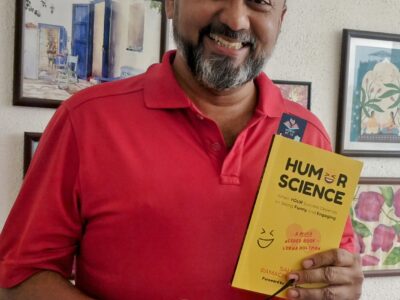This appeared first on LinkedIn.

The sun shines over all living, and non-living, things.
My denouncements of this government’s (and other world leaders’) actions as responses to this viral contagion, ruing missed opportunities, and predictions for bleak prospects going ahead for this society have little or nothing to do with my fond and heartfelt hopes for the future.
- I hope the world suffers no more collateral damage than it already has from this virus.
- I hope we come out of this pandemic wiser and more determined to correct our mistakes.
- I hope we create a better world at the other end of this disaster.
- I hope we learn from ours, and others’ actions and take only the good stuff, while knowing how to avoid the bad parts.
- I hope the economies of the world take off, labour gets their due, nations realise that working together is better than against each other, the importance of saving the environment so that it remains fit for humans finally dawns on us enough for us to act, governments realise that people work & live better when they are free, capitalists understand the significance of a welfare state and labour understands the need for free markets, justice is seen as the bulwark against a failed nation, and equality & fair-play become the pivots on which the world revolves.
- I hope everyone has the opportunity to pursue their dreams and no one is left out of the system because there weren’t enough resources or will.
- I hope we look back at this pandemic a hundred years from now as the beginning of a new dawn.
I have two favourite poems when asking for “boons” or articulating hope for the world.
- One is Tagore’s “Chitto Jetha Bhoyshunno“, which even when it has such a beautiful English translation by the poet himself, I prefer to hear in the original Bengali for several reasons, least of all the fact that the translation for “Chitto” into “Mind” and “Bhayashunno” into “Without Fear” in English shows not the poet’s lack of nuance and imagination but the language’s.
- The other is Dyaneshwar’s “Pasaydaan“, in which he starts his request for blessing with, “Let the evil of evil men begone” (not the evil men, but the evil), and goes on to ask on behalf of “all living beings” that they get “what they wish & desire.” I have never come across another poem of this antiquity or beauty that asks for the welfare of all living beings. This poem, while invoking God, must be the most secular of all the prayers for the world I have heard in my atheistic life.
I present to you the latter, without translation, because I could not find one that comes close to the beauty of the original. You are encouraged to discover any translations in your language yourself.
पसायदान
आतां विश्वात्मकें देवें । येणें वाग्यज्ञें तोषावें । तोषोनि मज द्यावें । पसायदान हें ॥ १ ॥
जे खळांची व्यंकटी सांडो । तयां सत्कर्मीं रती वाढो । भूतां परस्परें जडो। मैत्र जीवांचें ॥ २ ॥
दुरिताचें तिमिर जावो । विश्व स्वधर्म सूर्यें पाहो । जो जें वांच्छील तो तें लाहो । प्राणिजात ॥ ३ ॥
वर्षत सकळमंगळीं । ईश्वर निष्ठांची मांदियाळी । अनवरत भूमंडळीं । भेटतु या भूतां ॥ ४ ॥
चलां कल्पतरूंचे आरव । चेतना चिंतामणीचें गांव । बोलते जे अर्णव । पीयूषाचे ॥ ५ ॥
चंद्रमे जे अलांछन । मार्तंड जे तापहीन । ते सर्वांही सदा सज्जन । सोयरे होतु ॥ ६ ॥
किंबहुना सर्वसुखीं । पूर्ण होऊनि तिहीं लोकीं । भाजिजो आदिपुरुखीं । अखंडित ॥ ७ ॥
आणि ग्रंथोपजीविये । विशेषीं लोकीं इयें । दृष्टादृष्ट विजयें । होआवें जी ॥ ८ ॥
येथ म्हणे श्रीविश्वेश्वरावो । हा होईल दानपसावो । येणें वरें ज्ञानदेवो । सुखिया झाला ॥ ९ ॥
Note: Apparently, the 8th line of this poem is disputed since it seems superfluous and actually out of character. Here is an explanation (alas, also in Marathi).



















